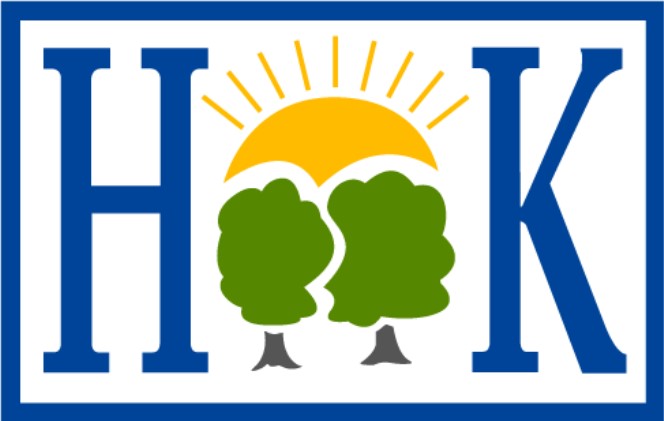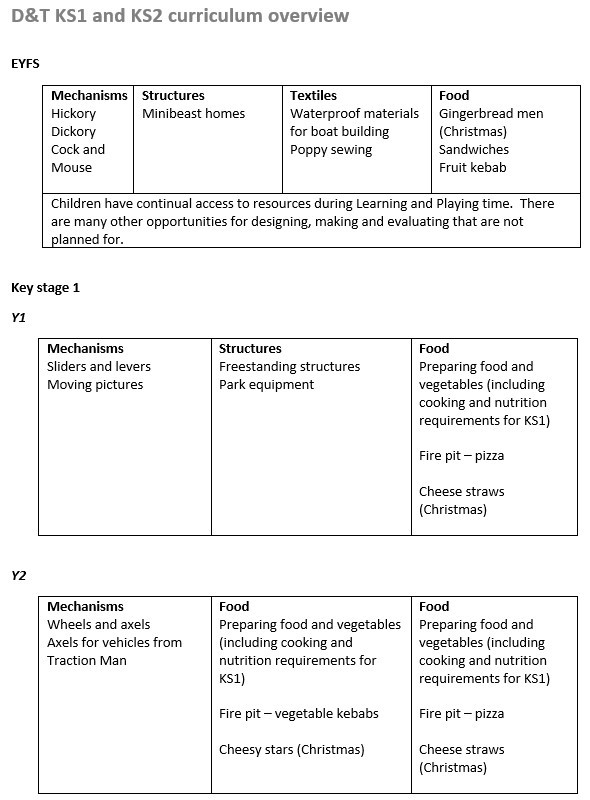DT Vision Statement
At Hook Infant School, we value Design and Technology as an important part of the children’s entitlement to a broad and balanced curriculum. Design and Technology provides the children with the opportunities to develop and extend skills and an opportunity to express their individual interests, thoughts and ideas.
Design and Technology is an inspiring, rigorous and practical subject. Using creativity and imagination, pupils design and make products that solve real and relevant problems within a variety of contexts, considering their own and others’ needs, wants and values. They acquire a broad range of subject knowledge and draw on disciplines such as mathematics, science, engineering, computing and art. Pupils learn how to take risks, becoming resourceful, innovative, enterprising and capable citizens. Through the evaluation of past and present Design and Technology, they develop a critical understanding of its impact on daily life and the wider world. High-quality design and technology education makes an essential contribution to the creativity, culture, wealth and well-being of the nation.
Aims
The national curriculum for design and technology aims to ensure that all pupils:
- develop the creative, technical and practical expertise needed to perform everyday tasks confidently and to participate successfully in an increasingly technological world
- build and apply a repertoire of knowledge, understanding and skills in order to design and make high-quality prototypes and products for a wide range of users
- critique, evaluate and test their ideas and products and the work of others
- understand and apply the principles of nutrition and learn how to cook.
The teaching and implementation of the Design and Technology Curriculum at Hook Infants School is based on the National Curriculum and linked to topics to ensure a well-structured approach to this creative subject. The Design and Technology curriculum is carefully tailored to draw on inspiration from our local community and wider world.
Attainment Targets
By the end of each key stage, pupils are expected to know, apply and understand the matters, skills and processes specified in the relevant programme of study.
Early Years Foundation Stage
Pupils explore and use a variety of media and materials through a combination of child initiated and adult directed activities. They have opportunities to learn to:
- Explore the textures, movement, feel and look of different media and materials
- Respond to a range of media and materials, develop their understanding of them in order to manipulate and create different effects.
- Use different media and materials to express their own ideas
- Explore colour and use for a particular purpose
- Develop skills to use simple tools and techniques competently and appropriately
- Select appropriate media and techniques and adapt their work where necessary
Key stage 1
Designing and making
Through a variety of creative and practical activities, pupils should be taught the knowledge, understanding and skills needed to engage in an iterative process of designing and making. They should work in a range of relevant contexts for example, the home and school, gardens and playgrounds, the local community, industry and the wider environment.
Pupils should be taught to:
Design
- design purposeful, functional, appealing products for themselves and other users based on design criteria
- generate, develop, model and communicate their ideas through talking, drawing, templates, mock-ups and, where appropriate, information and communication technology
Make
- select from and use a range of tools and equipment to perform practical tasks for example, cutting, shaping, joining and finishing
- select from and use a wide range of materials and components, including construction materials, textiles and ingredients, according to their characteristics
Evaluate
- explore and evaluate a range of existing products
- evaluate their ideas and products against design criteria
Technical knowledge
- build structures, exploring how they can be made stronger, stiffer and more stable
- explore and use mechanisms for example, levers, sliders, wheels and axles, in their products.
Cooking and nutrition
As part of their work with food, pupils should be taught how to cook and apply the principles of nutrition and healthy eating. Instilling a love of cooking in pupils will also open a door to one of the great expressions of human creativity. Learning how to cook is a crucial life skill that enables pupils to feed themselves and others affordably and well, now and in later life.
Pupils should be taught to:
- use the basic principles of a healthy and varied diet to prepare dishes
- understand where food comes from.
Assessments
Ongoing assessments take place throughout the year. Teachers use this information to inform future lessons; ensuring children are supported and challenged appropriately. This data is analysed on a termly basis to inform and address any trends or gaps in attainment.
Children in Foundation Stage are assessed within Expressive Arts and Design and their progress is tracked termly. Age related expectation levels are reported to parents at the end of the reception year.

